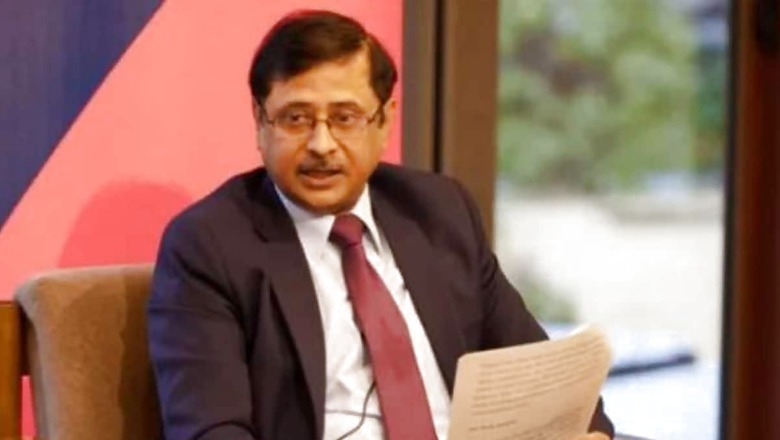
views
The recent arrest of three suspects in the assassination of Hardeep Singh Nijjar, a Khalistani separatist leader, at a Gurdwara in Surrey in June last year, has put the spotlight on the months-long diplomatic tensions between India and Canada.
India’s High Commissioner in Canada Sanjay Kumar Verma said national security threats emanating from Canada are a red line for India. “My concern is national security threats emanating from the land of Canada. These threats are largely emanating from Canadian sections,” he said, adding that the two sides are engaged to resolve the differences. “We are ready to sit down at the table any day and we are doing that and we are trying to resolve this issue,” he said.
Nijjar’s killing has been at the center of the spat, with Canada alleging Indian involvement. Canadian police are currently investigating these possible ties, which has further strained the bilateral relationship between the two countries.
On the other hand, India, while refuting Canada’s allegations, has blamed Canada for allowing political space to individuals and groups posing national security threats to India.
During a conversation at CORIM in Montreal, Canada, Verma said: “When we call two countries in bilateral relations partners, strategic partners, or friends, we expect other countries to understand each other’s perspectives, respect the cultural diversity of each other. Unfortunately, there have been issues and this is nothing new. These are decades-old issues that have resurfaced.”
His reference was to the long-standing issue of the Khalistan movement in Canada which openly calls for a separate Khalistan state by annexing parts of India. The movement has taken a violent turn at times, targeting Indian communities and diplomats with disparaging sloganeering.
India has raised its “strong concerns” regarding the violent imagery being used by extremist elements in Canada against India’s political leadership at one such event in Malton recently. Last year, a float depicting the assassination of former prime minister Indira Gandhi was used in a procession. Posters of Indian diplomats serving in Canada and other countries have also been put out across Canada, threatening violence against them in the past.
At the beginning of this week, a Nagar Kirtan parade in Malton, Canada, also witnessed a pro-Khalistan procession. The Ministry of External Affairs, reacting to the unrestrained political space given to Khalistanis, said: “Celebration and glorification of violence should not be a part of any civilised society. Democratic countries which respect the rule of law should not allow intimidation by radical elements in the name of freedom of expression.” The MEA further called upon the Canadian government to “stop providing criminal and secessionist elements a safe haven and political space in Canada”.
India had lodged a strong protest with Canada last week over the raising of pro-Khalistan slogans at a public event attended by Canadian Prime Minister Justin Trudeau to mark Baisakhi in Toronto. MEA summoned the Canadian Deputy High Commissioner in Delhi to convey that the incident “illustrates once again the political space that has been given in Canada to separatism, extremism and violence. Their continued expressions not only impact India-Canada relations but also encourage a climate of violence and criminality in Canada to the detriment of its own citizens”.
The laxity shown by the Canadian government in acting against anti-India groups has further complicated the already strained bilateral relationship.
The Indian High Commissioner in Ottawa said despite the diplomatic tussle, both sides are engaged at various levels to find an amicable solution. “A lot of discussions at the government level are happening on both sides through diplomatic channels. These channels are not open to public and are trying to find solutions and resolutions to the issues on both sides. It will come to both sides to see the virtue of resolving the issues satisfying their concerns.”
The current tensions have also affected trade negotiations, with talks frozen on a potential trade deal. This has further complicated the bilateral relationship and posed significant challenges for both countries in navigating the complexities of diaspora-based domestic politics and international relations.
Stay updated with live coverage of Lok Sabha Election 2024 Phase 3 Voting In Karnataka And Gujarat on our website. Get the latest updates, polling trends, result dates and more.



















Comments
0 comment